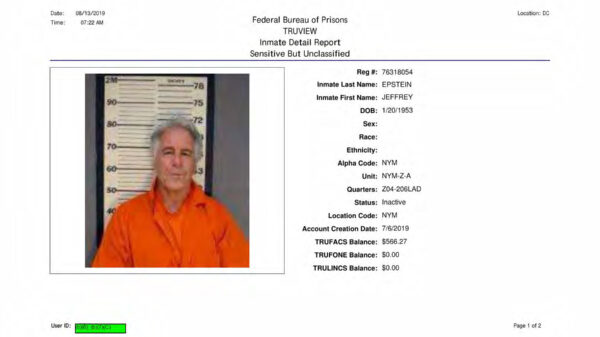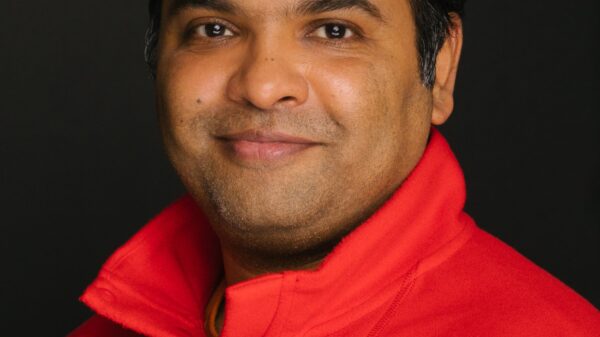Christian leaders are calling for a deeper self-examination among believers, urging individuals to confront their biases and misperceptions regarding faith and personal identity. In a recent discussion, Dr. Holland, an ordained minister and chaplain, emphasized the importance of reflecting on how one’s self-image aligns with spiritual truths.
The conversation centers on a pervasive mindset where individuals may proclaim, “I am what I am, and this is what I will always be.” This attitude, often rooted in stubbornness, prevents many from acknowledging their flaws and the need for growth. Dr. Holland points out that human nature can be deceptive, as people often hide their true selves from others, much like a poker player concealing their cards.
Understanding that one’s life ultimately reveals unacknowledged beliefs is crucial. As Dr. Holland notes, “what is in the well will come up in the bucket.” This statement underscores the idea that denial of one’s shortcomings, especially before God, can lead to spiritual stagnation.
Overcoming Cognitive Biases
A significant psychological phenomenon contributing to this issue is the **Dunning-Kruger effect**, where individuals overestimate their knowledge and abilities in specific areas. This cognitive bias manifests across various subjects, leading many to believe they possess superior intelligence, even when their actual performance may be lacking. Research indicates that those who perform poorly often hold inflated self-views, believing that others perceive them as competent and insightful.
Dr. Holland highlights that the quest for self-esteem can lead individuals to prioritize the appearance of intelligence over genuine understanding. He references **I Peter 5:5-6**, which encourages humility: “God opposes the proud but shows favor to the humble.” This biblical principle suggests that embracing humility is essential not only for interpersonal relationships but also for one’s relationship with God.
The Importance of Humility in Faith
The implications of self-deception extend into spiritual life. When individuals view themselves as free from faults, they risk drifting away from the core tenets of Christian faith. The Apostle Paul addresses this in **Romans 12:3**, advising believers not to think of themselves more highly than they ought, but to consider their true measure of faith.
Dr. Holland argues that a lack of humility can lead to a false sense of security regarding one’s sins. Without the recognition of personal failings, the need for repentance diminishes, creating a barrier to spiritual growth. He emphasizes that the acknowledgment of one’s shortcomings is essential for a genuine relationship with God.
In closing, Dr. Holland encourages believers to engage in continual self-reflection. He argues that understanding oneself through God’s perspective not only fosters humility but also strengthens faith. For those seeking further insights into the Christian journey, Dr. Holland’s teachings can be explored at his website, **billyhollandministries.com**, or through direct communication at **[email protected]**.
This call to action serves as a reminder that self-awareness and humility are not just personal endeavors but vital components of a fulfilling spiritual life.



































































